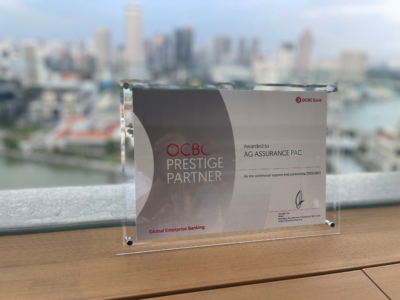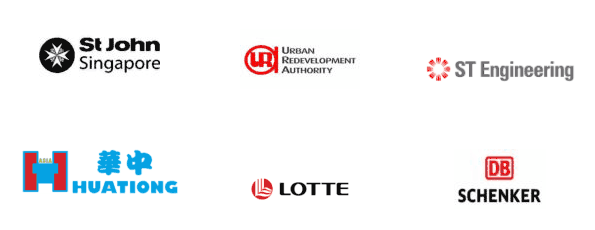Businesses are always on the lookout for the next big investment opportunity. As a business owner, your eyes are undoubtedly peeled to the Business Times and various financial publications looking for unique investment opportunities. If so, you are likely to be familiar with cryptocurrencies. These virtual currencies are taking the world by storm, with numerous investors looking to cash in on this latest trend.
If you are interested in jumping onboard the latest hype train, then it is crucial for you to understand the various trading terms and acronyms associated with the cryptocurrency market. These terms can sound confusing and complicated to many new crypto traders. However, learning what these acronyms mean can be incredibly useful in keeping up with the various events in the financial markets. Let us share some of the common terms every investor should be aware of.
1. FOMO (Fear of Missing Out)
FOMO or “Fear of Missing Out” is the anxious feeling every crypto trader gets when they flock to buy the hottest cryptocurrencies in fear of missing out on the potentially profitable investment or trade. Sometimes referred to as “panic-buying,” FOMO-ing happens when traders’ decisions are driven by raw emotions, such as panic and fear, instead of strategic planning and proper market analysis. When a large number of people goes FOMO-ing, parabolic price movements can occur.
2. DYOR (Do Your Own Research)
DYOR or “Do Your Own Research” is a classic piece of advice in crypto trading. It is a term repeated by many seasoned investors to encourage new traders to do their research before making any market decision. Like most investments, cryptocurrencies bear several risks. So, it is crucial for traders to analyse every piece of information that comes their way before making an informed purchase. They should avoid relying entirely on ready-made guidelines and develop their strategies according to the latest market research.
3. DD (Due Diligence)
DD or “Due Diligence” is another classic concept when it comes to trading and investment. It refers to the degree of care that a rational person or business entity is expected to make before entering into an agreement with another party. This concept also applies to cryptocurrency trading. Before investing in an asset, it is paramount for every trader to understand what they are getting into before committing to the purchase.
4. KYC (Know Your Customer)
KYC or “Know Your Customer” is the verification process that every trader goes through before they can buy and cash out their cryptocurrencies. Most exchanges require a trader to undergo a mandatory KYC process to minimise the risks of money laundering and other illegal activities. This regulation is part of a greater KYC guideline enforced by the authorities to ensure every investor is legitimate before allowing them to trade.
5. HODL
HODL is a strategy utilised by traders when they hold on to investments despite price drops. This term is derived from a misspelling of the word “hold”. It is the equivalent of the buy and hold strategy in traditional financial markets. Basically, what the traders look for when they adopt this strategy is the extended profit that comes with converting their assets into long-term investments.
6. BUIDL
Just like HODL, BUIDL is also a term related to price fluctuations. This term is usually used to describe investors who continue to build and contribute to the blockchain and cryptocurrency ecosystem despite price fluctuations. For these BUIDLers, their main aim is not to make a quick profit off these cryptocurrencies but to continuously build on the existing infrastructure to attract more investors in the future.
One last thing to note
With adequate research and shrewd investments, your business can also stand to make a significant sum from cryptocurrencies. However, it is vital to note that these profits are taxable, so you have to declare your earnings when filing your company’s tax. However, if the cryptocurrencies are intended for long-term investments, then the profits are not subjected to tax as they are treated as capital gains.
If you are unsure as to whether your profits gained from investing in cryptocurrencies are tax-exempted, then you should consider seeking the advice of a specialised accounting firm. At Ackenting Group, we provide a suite of tax and accounting services that cater to the needs of every business. Let our seasoned team of accountants provide you with sound advice on your cryptocurrency gains to ensure you file your company’s tax correctly. In addition, we offer a wide range of corporate services, including quick and easy incorporation services for those looking to start a new business venture in Singapore.
Conclusion
These trading terms may sound confusing and complicated to outsiders and new traders initially. However, with sufficient research, you will soon get the hang of them. You may even find yourself using these acronyms in your daily conversation with other seasoned investors.
If you require any assistance on accounting services, feel free to drop us an email at johnwoo@ag-singapore.com or contact us at +65-66358767. At Ackenting Group, we offer a complimentary 30 minutes online consultation for us to better understand your business requirements.














